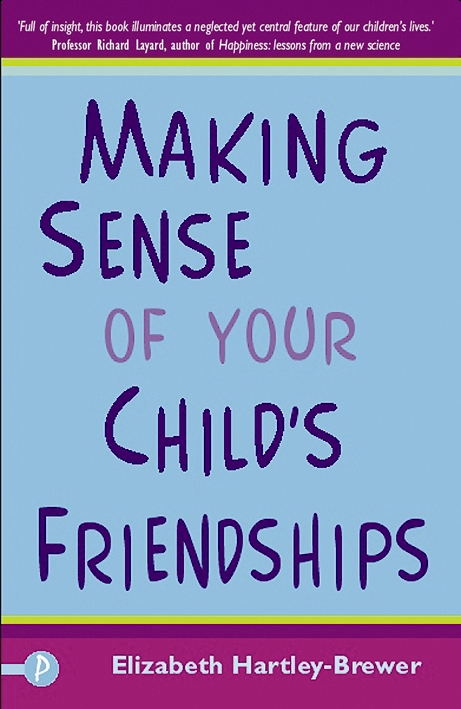<link href="https://cdn.sur.ly/widget-awards/css/surly-badges.min.css" rel="stylesheet">
<div id="surly-badge" class="surly__id_56779743 surly-badge_white-gradient" onclick="if(event.target.nodeName.toLowerCase() != 'a' && event.target.parentElement.nodeName.toLowerCase() != 'a') {window.open('https://sur.ly/i/parentingwithouttears.com/'); return 0;}">
<div class="surly-badge__header">
<h3 class="surly-badge__header-title">Content Safety</h3>
<p class="surly-badge__header-text">HERO</p>
</div>
<div class="surly-badge__tag">
<a class="surly-badge__tag-text" href="https://sur.ly/i/parentingwithouttears.com/"> parentingwithouttears.com </a>
</div>
<div class="surly-badge__footer"> <h3 class="surly-badge__footer-title">Trustworthy</h3> <p class="surly-badge__footer-text">Approved by <a href="https://sur.ly" class="surly-badge__footer-link">Sur.ly</a> </p> </div> <div class="surly-badge__date">2023</div>
</div>
 Making Sense of Your Child's Friendships elegantly addresses the worries we all have about our children’s friendships. Elizabeth Hartley-Brewer explores many familiar areas of difficulty, for example changes in school and dealing with bullying, but also looks at friendships in a wider sense.
Making Sense of Your Child's Friendships elegantly addresses the worries we all have about our children’s friendships. Elizabeth Hartley-Brewer explores many familiar areas of difficulty, for example changes in school and dealing with bullying, but also looks at friendships in a wider sense.
Chapters cover different phases in children’s lives, the importance (or not) of friends, and how to encourage friendship skills. This last chapter particularly covers ground that I haven’t come across before, I’ve never thought about trying to develop my childrens’ friendship skills in such direct ways, expecting it all to come naturally. Luckily they seem to have muddled through so far, but I think the advice given would definitely help. Tips include really positive ideas like encouraging your child to tell their friend they enjoyed playing with them, or to say something nice about the person.
There are plenty of real-life examples of friendships throughout Making Sense of Your Child's Friendships which certainly ring bells. “Friends you don’t like” particularly striking a chord I’m afraid! The advice given is positive and helpful. I think it is easy to feel baffled as to how to act when our children are going through a difficult time with their friends, so direct advice like this is particularly useful, although the author does remember that our children are all individuals too.
The age range covered is up to the age of about 12, so Making Sense of Your Child's Friendships won’t help those who are worrying about their teenagers troubling affiliations.
The one area which seems left out is how the nature of boys' play tends to be very physical and can frequently descend in toe violence. Some hints on knowing when to step in before it all goes pear-shaped would have been great.
But this is an excellent book for worried parents. It is packaged in to an easy-to-read style and format, and is a pleasant and interesting read as well as a helpful one.
Published by Picadilly Press, Making Sense of Your Child's Friendships by Elizabeth Hartley-Brewer is available from Amazon. To order a copy, click the link below: